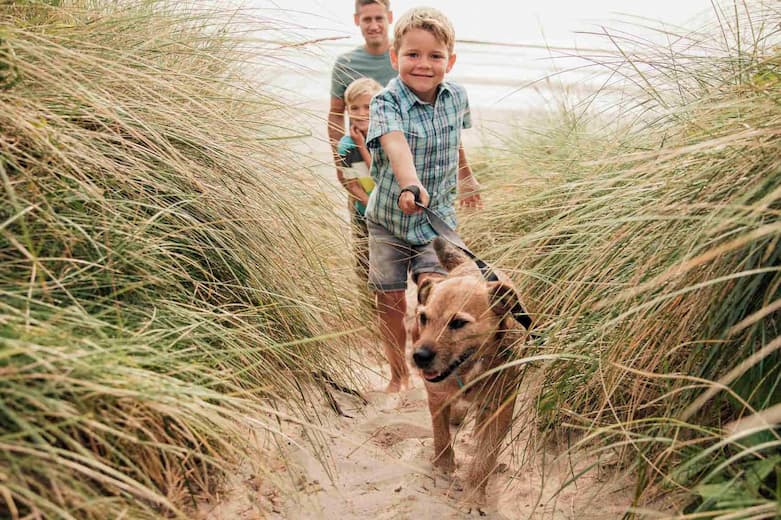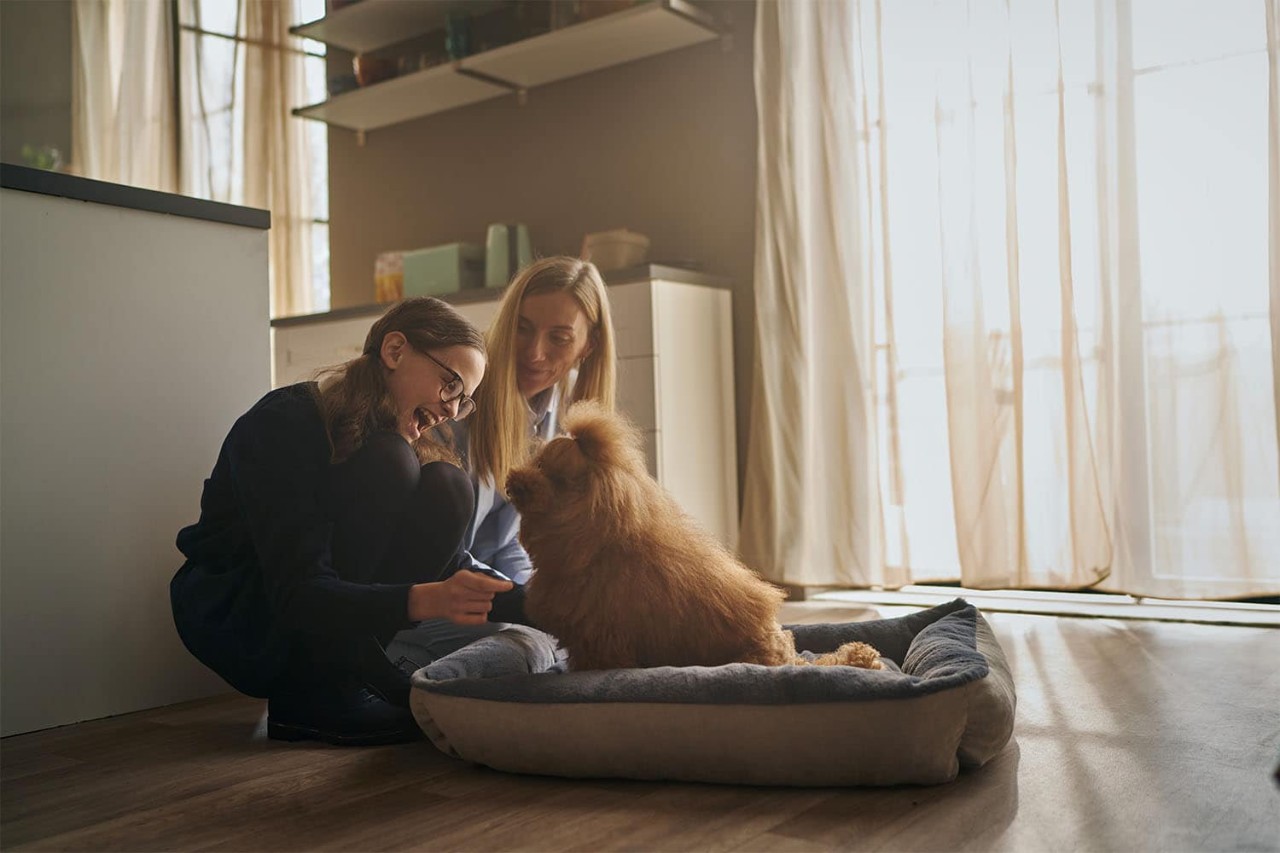Where to Get a New Pet?
by Angela Hickey | 2 min read January 8th, 2020
When looking for a new pet, it’s important to be mindful of how your choice can impact the health and wellbeing of the animal. Knowing the background of the pet helps to avoid problems in the future. It’s best to avoid buying online from a seller who wants to meet you at a neutral location rather than going to the home or shelter where the animal was raised or cared for. Puppy farms are flooding the market with photos of cute puppies for high prices which were reared in very unsuitable conditions. Make sure not to support them!
Thankfully there are safer sources available to you when you have made the decision to adopt a pet into your home:
1. Pedigree Breeders
If you’re looking for a pure-bred pet, you may choose to buy from a pedigree breeder registered with the Irish Kennel Club (for dogs) or the Cat Fancy (for cats). Contact these organisations for advice and recommendations for suitable breeders. Check out this puppy contract for the type of questions you should ask and only deal with a breeder who will cooperate with providing the information you seek. This will help avoid supporting puppy farms and the welfare issues involved for mother dogs and puppies in these situations. It will also help you to avoid the increased risk of ongoing health issues for your pet due to hereditary diseases and behavioural issues, with the distress and high costs involved in treating these.
Learn more about choosing a reputable breeder.
2. Animal Charities, Shelters, and Pounds
There are many pets needing homes in charities all around the country. It’s important to visit and see the pets in their kennels before adoption and hear their background story to get a sense of what their life has been like up until now.
Unfortunately, in some cases, neglect and cruelty may be part of that story. The Charity staff and their vets should have identified any behavioural or health concerns and will be able to support and guide you on an ongoing basis in helping your pet to settle in to your home. They will need to take into account any other pets you may have, whether you have children, and all of the items listed here about your living situation to help you make the right choice.
You might also consider fostering a pet to see how you get on together, with the aim of helping the pet adjust to a home environment rather than staying in kennels. If it all works out you can then adopt!
3. Family and Friends

There may be a family member, friend, or neighbour whose pet has had a litter that needs homing or who has an older pet needing re-homing. Spend time at your friend’s home and see how the mother of the litter behaves with you and others and how relaxed your new pet is with household noises, visitors, etc. Ask lots of questions about the animal’s behaviour, health, and routines to see how well they might fit in with your own life. If you don’t know much about the breed, get advice from Breed Associations, the Kennel Club, or the Cat Fancy. Your local vet and vet nurses will happily support and guide you in caring for your new pet. Plus, your friend will also be on hand to guide you in the early days as you settle your new pet into your home.
Choosing a pet from a safe source and getting support from others who want a good outcome for you both is the best way to go about getting a new pet. It will help ensure a good match between your new pet and your family and help avoid problems in the future. In return you will have the unconditional love and companionship that only a pet can give.
This guidance is for general information purposes only.
Allianz p.l.c. is regulated by the Central Bank of Ireland. Standard acceptance criteria and policy conditions apply.
Your choice of pet, breed, and age can affect your pet insurance. Learn more about Allianz Pet Insurance.






